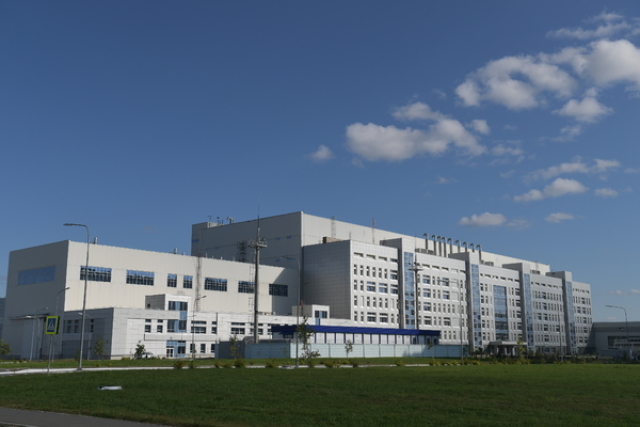The third stage of the cosmodrome will include a cheap, light and fast-built launch facility - Rogozin
Moscow. January 23. INTERFAX - During the construction of the third stage of the Vostochny cosmodrome, designed to launch Amur-LNG rockets, Roscosmos will abandon the construction of underground bunkers and build a cheaper and lighter launch complex, the head of the state corporation Dmitry Rogozin said.
"We will move away from the existing classical scheme of cyclopean launch complexes with huge gas drainage channels and a lot of underground bunkers, which are designed in case of major accidents and can probably withstand the impact of tactical nuclear weapons," Rogozin said in an interview with the Russian Cosmos magazine.
"While maintaining the safety criterion, we will move away from this principle and build a cheaper, lighter and faster-erect launch facility for Amur-LNG," he said.
He noted that Roscosmos will use the existing experience of the Space and Cyclone rocket launch programs to create launch complexes for light missiles.
On June 29, Rogozin reported that the reconnaissance commission had begun determining the location of the launch complex for the Amur-LNG reusable launch vehicle at the Vostochny cosmodrome.
The launch complex of the rocket at the Vostochny cosmodrome should provide up to 15 launches per year, taking into account the inter-flight maintenance of the reusable first stage.
On May 22, 2021, the executive director of Roscosmos for advanced programs and Science, Alexander Bloshenko, announced that the cost of launching a reusable methane rocket "Amur-LNG" will tentatively amount to $22 million.
According to him, in a reusable version, Amur-LNG will be able to put at least 10.5 tons of payload into a reference orbit, in a one-time version - at least 13.6 tons.
Earlier, Bloshenko said that the first launch of the Amur-LNG rocket could take place in 2025. "In parallel, we are working on creating an engine for such a rocket. This is a separate contract with the Voronezh design enterprise "KB Khimavtomatiki", and the flight can be performed on the horizon of 2025-2026," he said.
Earlier, the state corporation reported that flight tests of the rocket are scheduled to begin in 2026. The rocket should replace the current family of Soyuz-2 launch vehicles.

